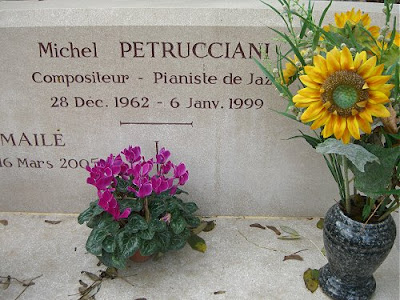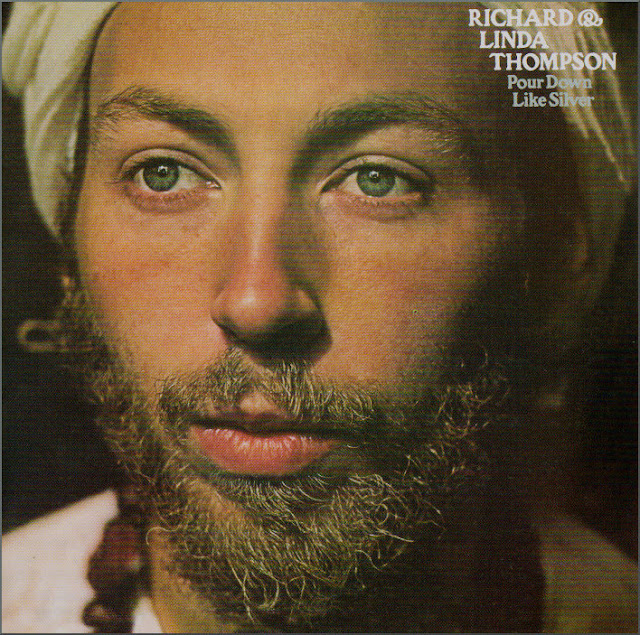Artistic director takes public stand against dumbing-down
“That elusive experience of momentarily "crossing over" is, for me, the raison d'être of music, and unlocking the secret of how it is achieved also unlocks the secret of how classical music can reach new audiences.” What a wonderful statement in your post of last Sunday (6/16). Yes, that’s it!
And then on Wednesday (6/19): “One of the biggest obstacles in the fight against the classical music revisionists has been the emotive pejorative "dumbing-down" with its connotations of elitism. Now Nicholas Carr has shown a way round that obstacle by talking about 'deep' as opposed' to 'shallow' cerebral experiences…” I needn’t further enumerate all the ‘dumbing-down’ ideas that continue to be utilized by the classical music establishment that fail to produce the desired result.
As one who still owns some of those old Argo vinyl recordings of the King’s College Choir (!) and trained at St. Peter’s Choir School in Philadelphia, I’ve been fascinated by people’s listening habits or the lack thereof since I was nine. Our attentiveness to music is something that we have the conscious ability to control. From noticing almost no detail at the shallow end of the dial and progressing up to the deep end where we notice almost every detail of the sounds received by our faculty of hearing – and all the intermediary stages - the choice is ours.
So how do we cajole people to make the conscious choice to listen to music as opposed to hearing music as a background to other thoughts, texting, reading or whatever? Answering this question is the raison d'être of The Discovery Orchestra. We don’t claim to have ‘the answer,’ but we have been having some success. We know one thing for sure. If individuals can have an ‘aha’ around whether they are actually listening or just hearing and begin to notice detail in music, it tends to become a self-fulfilling, self-rewarding activity. It allows them to ‘cross over’ in a huge variety of music – whether written last month or one thousand years ago. The huge expanse of styles and musical vocabulary becomes not an issue but a source of delight as one learns to take each musical expression on its own terms and let the plasticity of our brains do the rest. We believe that becoming a perceptive listener is the “secret to unlocking how this is achieved.” As my mentor, Saul Feinberg is fond of saying: “The more we perceive, the more we receive.”
Thank you for your thought provoking blog posts!
George Marriner Maull
Artistic Director
The Discovery Orchestra
That generous comment resonates with my long-running thread about how we need to wise-up the classical audience. The Discovery Orchestra - seen above with George Marriner Maull - is new to me and, probably, to many readers. I learn that it was formed twenty-four years ago in Somerset County as a professional freelance orchestra called the Philharmonic Orchestra of New Jersey. Over the years its mission evolved, culminating in a name change in 2006. The mission of the Discovery Orchestra is now to teach the listening skills that help audiences emotionally connect to classical music, and to achieve this they use an innovative mix of live performance, small group work and interactive media programmes. It is very good to find an artistic director and orchestra with the courage to take a public stand against the all-pervasive dumbing-down of classical music. It is also good to find that there are still some (a few?) musicians who are not afraid of the Big Bad Corporation.
Also on Facebook and Twitter. Image credit KCET. Any copyrighted material on these pages is included as "fair use", for the purpose of study, review or critical analysis only, and will be removed at the request of copyright owner(s). Report broken links, missing images and errors to - overgrownpath at hotmail dot co dot uk










Comments
That gets right to the point I was going to go back and make on that post of yours. As you know, I'm a music therapist, and the first order of business with a new client is to engage them in the process. Once that happens you can take things in various directions, but without that you're not going to go anywhere.
Mr. Maull's specifying that "aha" moment for the classical listener as the beginning of the journey, and more importantly, working to get it to happen, seems exactly right to me.
Both children and adults are much more capable and interested than we give them credit for, and those that meet the challenges are rarely bored, disillusioned or use complaining & politics to expend their creative energies!
Of course, this discussion is focused around live music making, but to how much more of life do listening and 'Aha!' moments apply?